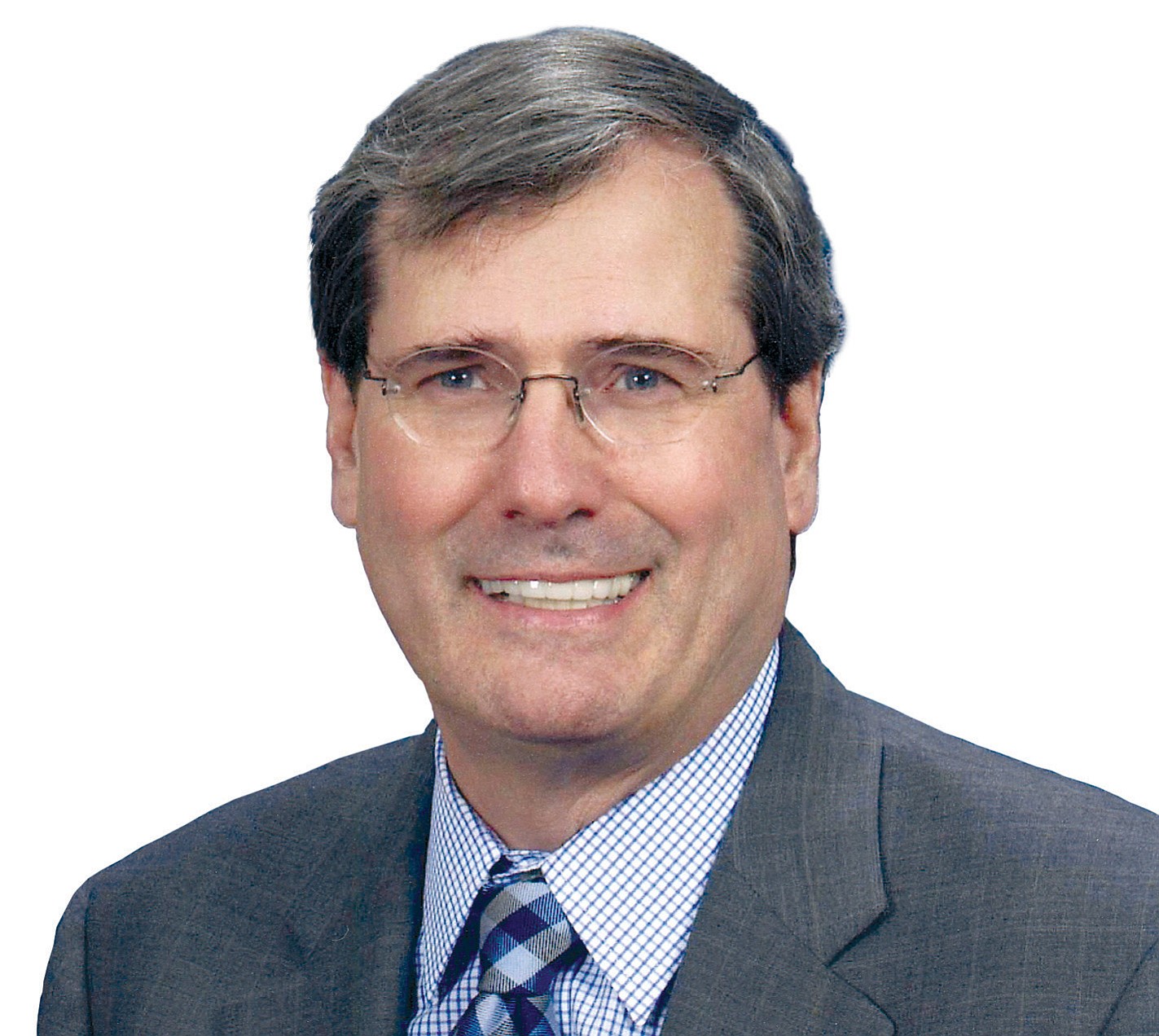As of Halloween, or thereabouts, the world came to be inhabited by a total of roughly 7 billion people, which is fine except that some of them (radical, anti-technology, industrialism-hating environmentalists) want to keep others of them (mostly poor people in undeveloped countries) from having enough to eat.
It doesn’t stop there because these sabotaging greenies don’t want the world to have enough energy, either, and if they get their way, their predictions will come true. Population growth will prove to be a population bomb. There will be poverty the likes of which we have never seen. There will be famine. Nature will not provide what we need from her and will see to it that population is reduced the hard way.
For insight into what’s going on now, go back to the 1980s. You’ll find a scientist, Paul Ehrlich, worrying then about an unsustainable, resource-destroying population surge that would vastly diminish resources, making them cost more.
An economist, Julian Simon, bet him that 10 years down the road five commodity metals would cost less. He won because he knew that greater demand in a free society would lead to more discoveries and substitute innovations that would help save the day. Matt Ridley, a British writer, provides additional evidence that the more, the merrier, or at least that more people do not mean worse conditions.
In his book, “The Rational Optimist,” Ridley notes how life just keeps getting better for humans because they become less and less self-sufficient, trading with each other for all sorts of blessings while specializing in some field and devising technologies that help us produce more, travel faster and more easily, communicate as never before, and luxuriate in ways the richest of the rich could not imagine even 50 years ago.
Compare 1995 to 2005, he says, and you will find the average human being in the latter year consuming a third more calories than earlier, experiencing a third fewer deaths of offspring and living a third longer. You will find people on a per-capita basis richer and you will find less poverty.
Scientist, hero
One of the chief heroes in making this happen was Norman Borlaug, an Iowa native and scientist who maybe saved a billion lives with his Green Revolution work enabling farmers in such poor countries as India and Mexico to get far more crop yield per acre. Another plus was that as the farmers required less labor, they had fewer children. Prosperity slows down population growth, and since the world is becoming more prosperous, growth is expected to peak by mid-century.
But as Borlaug argued, more innovation is needed and the overreaching environmental elitists simply condemn people to hunger when they fight against development and genetically modified crops. Henry Miller, a physician and scientist at the Hoover Institute at Stanford University, is outraged by the unscientific, irrational opposition of governmental regulators stymieing the spread of technologies proven to work.
The issue doesn’t stop there, because as others have noted, there is a great need for more energy, and look what happens when horizontal fracking opens up vast new reserves of natural gas available in the United States. The eco-ideologues make up stories of how the drilling technique causes water faucets to burst into flame, something that has been happening for decades because of natural methane deposits. What we have here is hokum that can kill.
We can handle 7 billion people, 8 billion, 9 billion and probably more, but we can’t do it if we let essentially anti-human beliefs intrude on the genius of all those extra brains, on the compassion, dedication and practicality of someone like Borlaug.
Who among us does not feel loving kinship with nature? We are of it even as we are apart from it in an intellectuality in the image of divinity. To deal with what the future holds, we must use this special gift.



